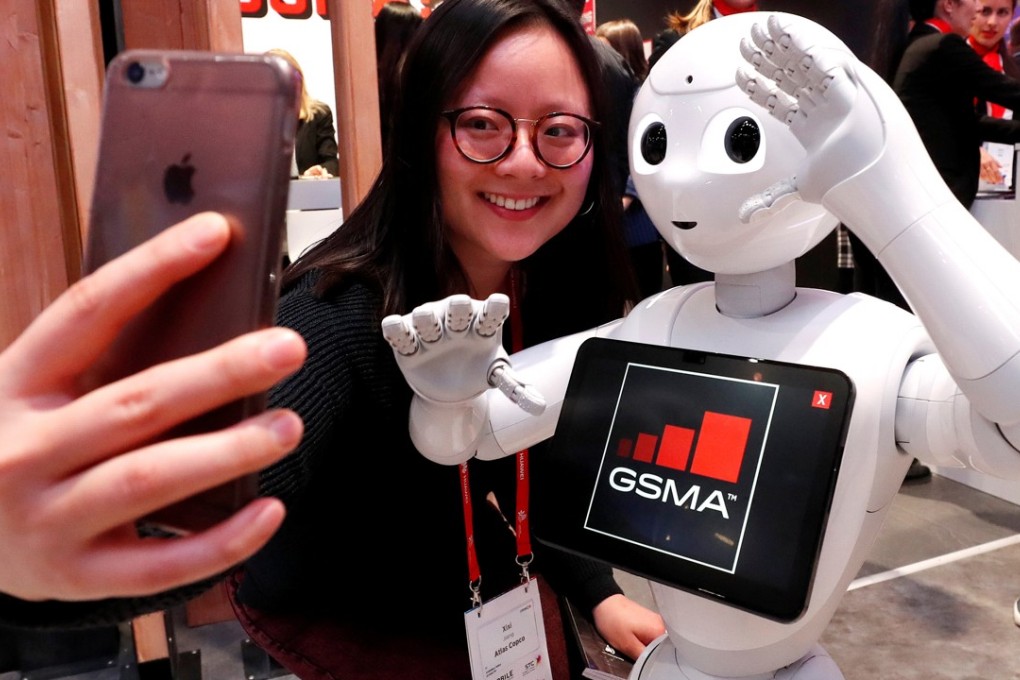AI-driven unemployment in Hong Kong can be offset by a tax on profits generated by robots
Scott Cheng and David Ketchum say the Hong Kong government must reckon with the impact of artificial intelligence on human employment. One way to do this would be to amend the tax regime, by taxing profits generated from using robots

It is therefore an inevitable trend that automated intelligent machines or so-called robotic process systems will take over more human roles.
Worried AI will replace your job? Here’s an explainer to prepare for that day
In this scenario, while gross domestic product may rise and corporations will generate higher profits because of the lower labour costs, the government will collect less from salaries tax (given that more people will be jobless).
Any responsible government must address the gap between the interests of potentially displaced workers and those of shareholders and corporate management.
Governments should be thinking about how to deal with the potential upheaval as a result of massive unemployment
Today, one in three jobs is vulnerable to replacement by AI and robotics, according to research firm Gartner.
Job losses won’t be confined to bus drivers and factory workers; stockbrokers, accountants, lawyers and other rules-based professions, and even doctors and surgeons are at risk.
